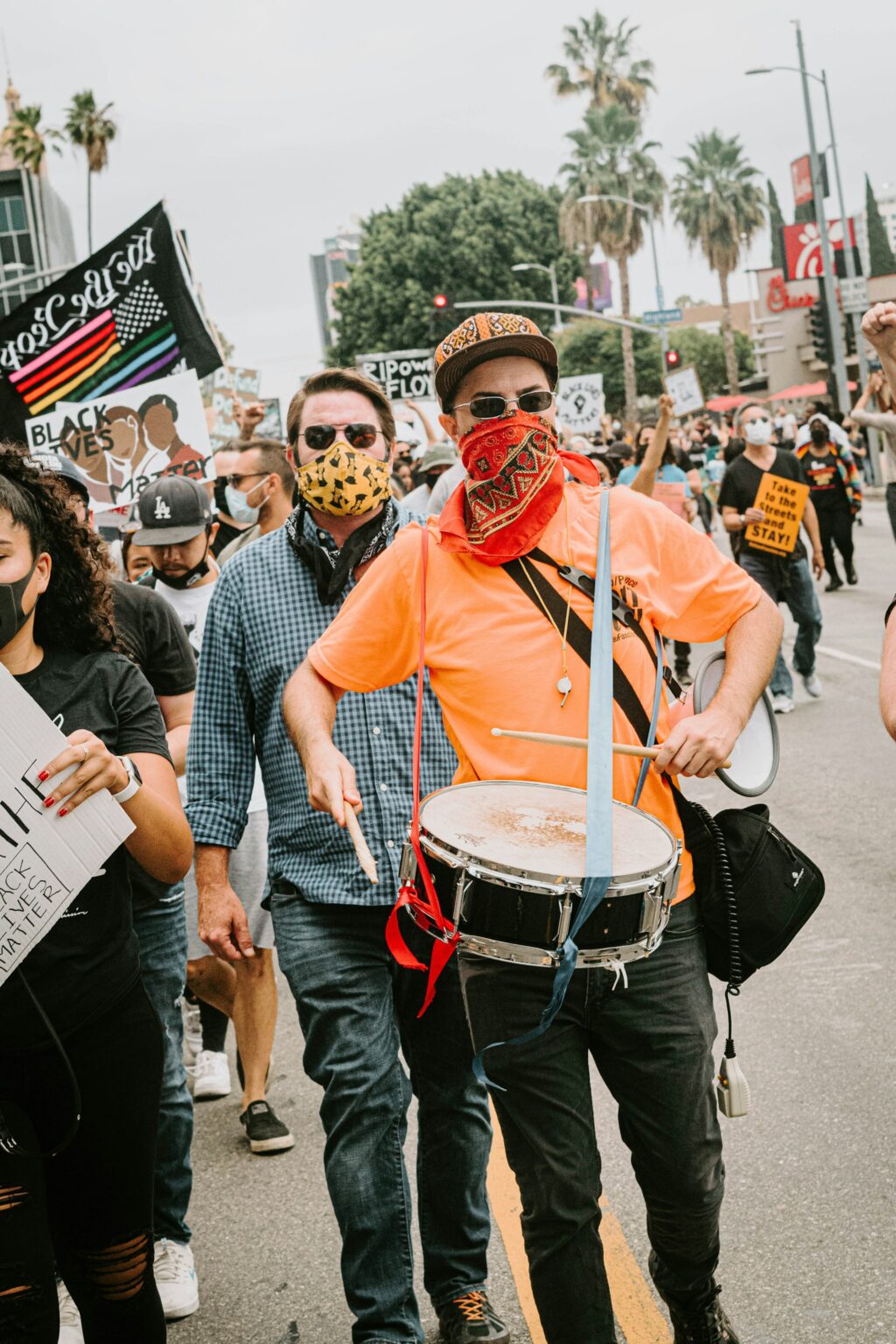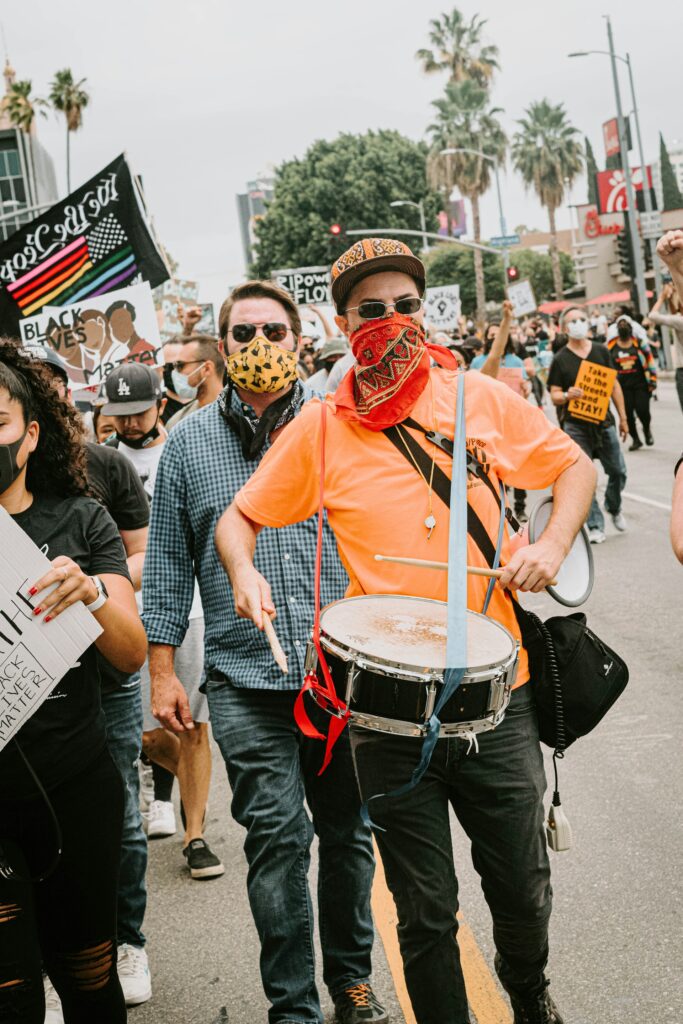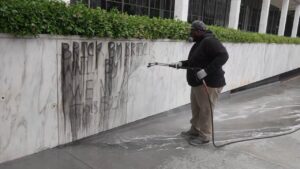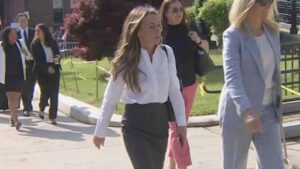Flames of Dissent – LA Erupts in Protest Over Immigration Raids

Los Angeles has become the focal point of a fiery and intense wave of civil unrest following a series of aggressive immigration raids that began late last week. Now entering its third consecutive day, the city is witnessing large-scale protests that have escalated into violent clashes between demonstrators and law enforcement, including police officers and deployed National Guard units.

Rising Tensions Spark Citywide Unrest
The unrest erupted after federal immigration authorities conducted coordinated raids across multiple neighborhoods in Los Angeles, targeting undocumented immigrants suspected of violating immigration laws. The aggressive nature of the operations—and reports of family separations and detentions—ignited outrage among immigrant communities and civil rights advocates.
Social media platforms have been flooded with videos showing chaotic and sometimes violent confrontations. Protesters have been seen throwing rocks, Molotov cocktails, and other incendiary objects at police, who responded with tear gas, rubber bullets, and mounted charges. Scenes of government vehicles set ablaze and police horses injured have underscored the intensity of the conflict.
As of Monday, June 9, over 200 people have been arrested in the city amid sweeping enforcement efforts to contain the protests.
Political Reactions and Legal Battles
California Governor Gavin Newsom swiftly condemned the federal government’s decision to deploy the National Guard to assist local law enforcement. In a public statement, Newsom labeled the deployment “an unlawful overreach by the Trump administration designed to intimidate communities and suppress dissent.”
He further pledged to mount a legal challenge against the federal actions, emphasizing California’s commitment to protecting immigrant rights. “Our state will not stand idly by as families are torn apart and constitutional rights are trampled in the name of political theater,” Newsom said.
The Mayor of Los Angeles, along with several city council members, has echoed these sentiments, calling for a peaceful resolution and greater federal-state cooperation on immigration enforcement policies.
National and Global Impact
The protests in Los Angeles have sparked solidarity demonstrations across the nation, including major cities like New York, Chicago, and San Francisco. Immigrant rights organizations, civil liberties groups, and human rights advocates have rallied in unison, warning that the unrest signals a dangerous escalation of tensions surrounding immigration policies.
Human rights experts argue that the clashes reflect deeper systemic issues—the lack of coordinated and humane immigration enforcement, the marginalization of immigrant communities, and the political exploitation of immigration as a divisive issue.
What Lies Ahead?
As the protests continue, the situation remains volatile. Law enforcement officials are under pressure to balance maintaining public order with respecting protesters’ rights to demonstrate. The deployment of the National Guard has raised concerns about militarization and the potential for further escalation.
Legal experts predict a flurry of court battles challenging both the federal immigration raids and the use of military forces in civilian policing. Meanwhile, community leaders are calling for dialogue, reform, and comprehensive immigration policies that address the root causes of the unrest.
Conclusion
The flames of dissent burning across Los Angeles are a vivid reminder of the deep fractures in America’s immigration debate. With families caught in the crossfire and entire communities feeling under siege, the nation faces urgent questions about justice, enforcement, and human dignity. How the federal and state governments respond in the coming days will likely shape the political and social landscape well beyond California’s borders.








